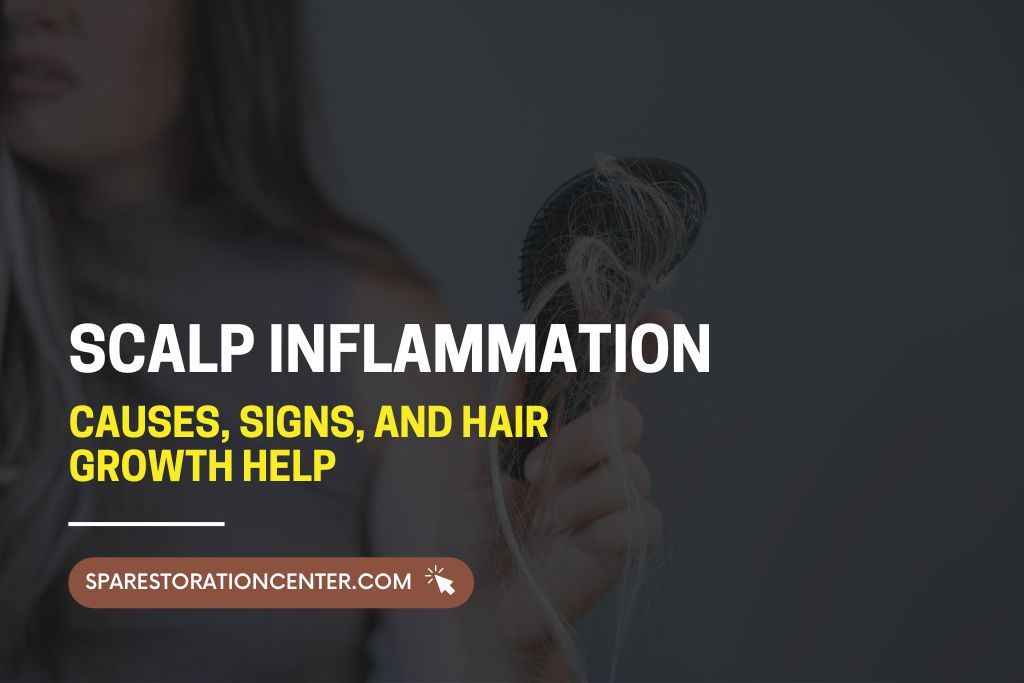
Scalp Inflammation: Causes, Signs, and Hair Growth Help
A healthy scalp is important for strong hair. When the scalp gets inflamed, it can cause:
- Hair thinning
- Hair shedding
- Itching or discomfort
Scalp inflammation happens when your scalp reacts to irritation, infection, or injury. If it lasts a long time, it can stress hair follicles and make it harder for hair to grow.
Common symptoms include redness, itching, flakiness, and bumps. Catching these early can help protect your hair and support growth.
Catching these early can help protect your hair and support growth.
In this guide, you’ll learn about:
- Common causes of scalp inflammation.
- Signs to watch for before hair loss starts.
- Simple ways to calm your scalp.
- How reducing inflammation can help hair grow.
Whether your scalp is slightly irritated or has ongoing problems, these tips can help you keep your scalp healthy and your hair stronger.
What Is Scalp Inflammation, and How Does It Affect Hair?
Scalp inflammation happens when your scalp reacts to injury, infection, or irritation. Your body responds by increasing blood flow and sending chemicals to the affected area. This is normal and helps the scalp heal.
But if inflammation lasts a long time, it puts constant stress on the scalp.
This stress can affect hair follicles. When follicles are under pressure, they cannot grow strong, healthy hair. Over time, this can lead to weaker hair, lower hair density, and eventually, thinning hair.
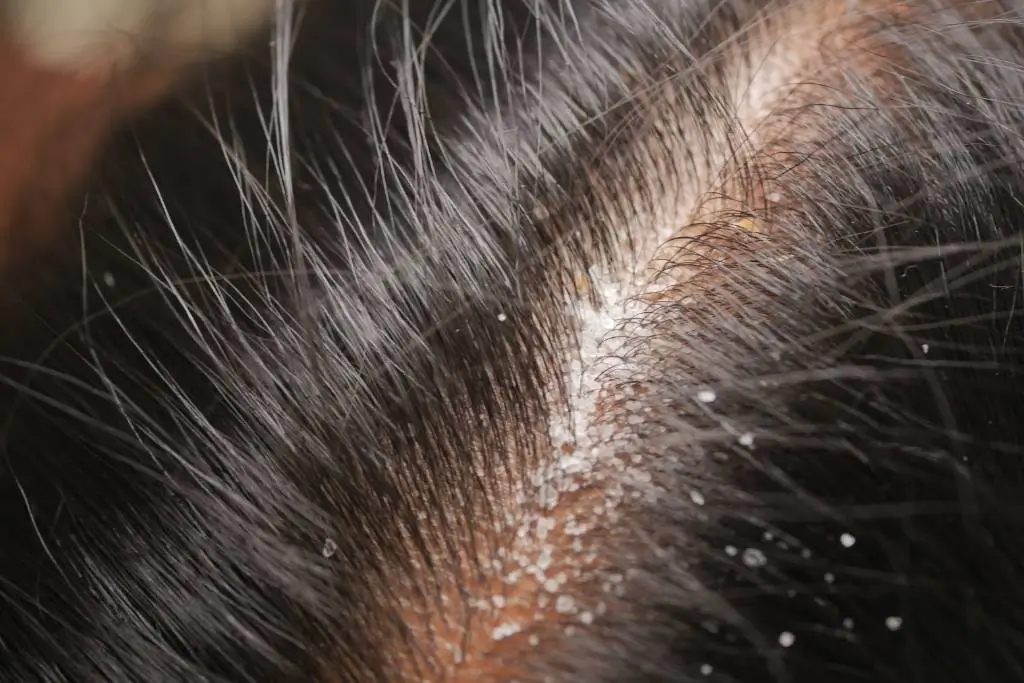
What Are the Signs of Scalp Inflammation?
The first step in treating scalp inflammation is noticing the early signs. Symptoms can be mild or more serious. Catching them early helps protect your hair and scalp.
Redness and Irritation
A red or sore scalp is a common sign. Blood vessels expand to bring immune cells to the area, making it look flushed and feel sensitive.
- Pink or red patches
- Warm scalp
- Sensitivity or tenderness
Ignoring persistent redness can make inflammation worse and damage hair follicles. Treating the cause helps restore a healthy scalp.
Flakiness and Dandruff
Flakes on the scalp or shoulders may look like dandruff but can be a sign of inflammation. Inflammation speeds up skin cell turnover, causing white or yellow flakes.
- White or yellow flakes on scalp and clothes
- Greasy or dry patches
- Rapid shedding of skin cells
- Itching
Treating inflammation can reduce flaking and improve scalp health.
Itching and Discomfort
Persistent itching, called scalp pruritus, is common. It happens when inflammatory chemicals irritate nerve endings.
- Constant urge to scratch
- Tingling or crawling sensations
- Discomfort that affects daily life
- Burning or stinging
Scratching may feel good temporarily but can make inflammation worse and damage hair follicles.
Hair Shedding and Thinning
Inflamed scalp can push hair follicles into a resting phase too soon, causing hair loss (telogen effluvium) and thinning.
- More hair on pillows or in the shower
- Wider part line
- Less hair volume
- Thinning at crown or temples
Reducing inflammation helps hair follicles return to normal growth.
Scalp Sores and Bumps
Severe inflammation can cause painful sores, bumps, or pus-filled lesions. These may be due to infections or skin conditions that need medical care.
- Small red or white pimples
- Painful bumps or cysts
- Crusted sores that may bleed
- Open lesions from scratching
Seeing a dermatologist is important to prevent scarring and permanent hair loss.
How Does Scalp Inflammation Lead to Thinning Hair?
Long-term scalp inflammation creates a harmful environment for hair follicles. Chemicals from inflammation, like enzymes and free radicals, can damage the follicles directly.
Over time, this stress can shrink the follicles, a process called miniaturization. Smaller follicles produce thinner, weaker hair that breaks easily.
Inflammation can also reduce blood flow and nutrients to the hair roots, leaving them undernourished.
All this damage changes the hair growth cycle, increases hair shedding, and leads to thinning hair.
What Are the Common Causes of Scalp Inflammation?
Scalp inflammation can be caused by many factors. Knowing the cause is important for proper treatment. Common triggers include:
Skin Conditions
Chronic conditions like dandruff (seborrheic dermatitis), psoriasis, and eczema can cause ongoing scalp inflammation.
Infections
Fungal infections, like ringworm (tinea capitis), and bacterial infections, like folliculitis, can lead to sudden inflammation.
Allergic Reactions
Harsh chemicals in hair products, dyes, or fragrances can irritate the scalp and cause inflammation.
Lifestyle Factors
High stress, poor diet, and pollution can increase inflammation in the body and show up on the scalp.
Product Buildup
Using too many styling products without proper washing can clog hair follicles and irritate the scalp.
How to Prevent or Treat Scalp Inflammation
To prevent hair thinning, keep your scalp healthy with proper care, lifestyle habits, and treatments.
Mild or Preventive Care:
- Hair Care: Use a mild, sulfate-free shampoo. Avoid overwashing.
- Anti-Inflammatory Products: Use ketoconazole, salicylic acid, tea tree oil, or zinc pyrithione.
- Diet: Eat foods with omega-3s, antioxidants, and vitamins.
- Stress: Reduce stress with meditation, yoga, or breathing exercises.
Severe or Chronic Inflammation:
See a dermatologist. They can diagnose the problem and use treatments like corticosteroids or antifungal medicines to stop inflammation and prevent hair loss.
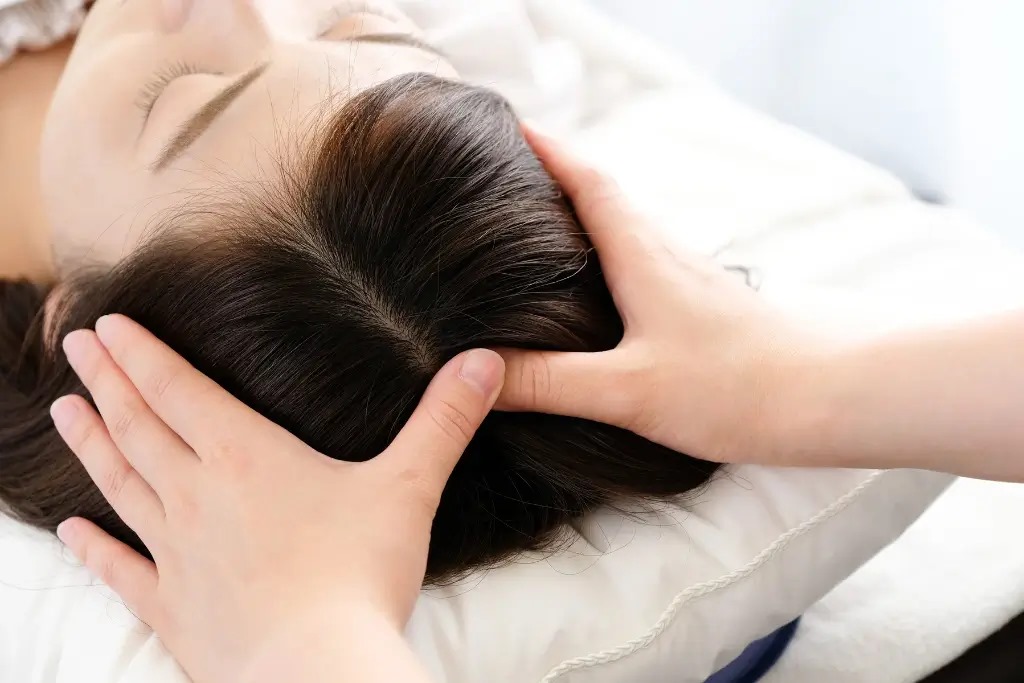
Can Reducing Scalp Inflammation Promote Hair Growth?
Yes. Reducing scalp inflammation helps hair grow. A healthy scalp allows hair follicles to work properly.
When inflammation is controlled, follicles get enough blood and nutrients. This helps hair return to the growth phase.
Treating the cause of inflammation stops follicle damage and excessive shedding. Over time, this can lead to stronger, thicker hair.
Nourish Your Hair – Schedule Your Spa Restoration Session in Arlington Today
Healthy hair starts with a healthy scalp. Our scalp massage in Arlington can help:
- Clean and soothe your scalp
- Reduce inflammation and irritation
- Strengthen hair follicles
- Improve hair thickness and shine
Our head spa treatments use safe, effective products and techniques to restore scalp health and support hair growth.
Book your session today and give your scalp and hair the care they need.
Frequently Asked Questions
1. Can scalp inflammation cause permanent hair loss?
Yes. If chronic inflammation is not treated, it can scar hair follicles and cause permanent hair loss. Most cases are temporary if treated early, and hair can regrow once the scalp is healthy.
2. What are the early signs of scalp inflammation?
Early signs include:
- Itching
- Redness or tenderness
- Flaking like dandruff
- Increased hair shedding
3. Are there medical treatments for inflammation-related hair thinning?
Yes. A dermatologist may prescribe:
- Topical corticosteroids to reduce inflammation
- Medicated shampoos to control microbial growth
- Oral medications for severe cases
These treatments target the inflammation and help prevent further hair loss.
4. How does stress affect scalp inflammation and hair loss?
Stress raises cortisol levels, which can increase inflammation in the body, including the scalp. This can disrupt the hair growth cycle and cause shedding called telogen effluvium.
5. Can natural remedies reduce scalp inflammation?
Some natural remedies, like tea tree oil or aloe vera, can help mild inflammation. They can support scalp health, but persistent or severe symptoms should be treated by a professional to fix the root cause.
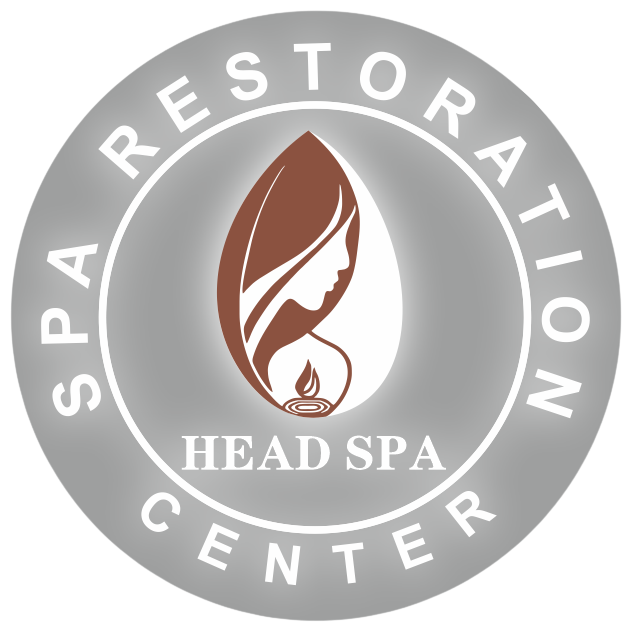
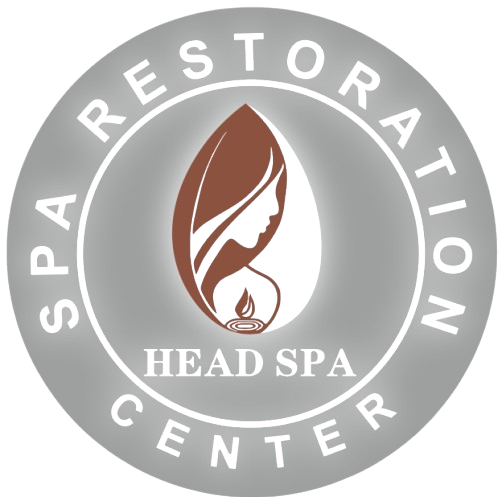
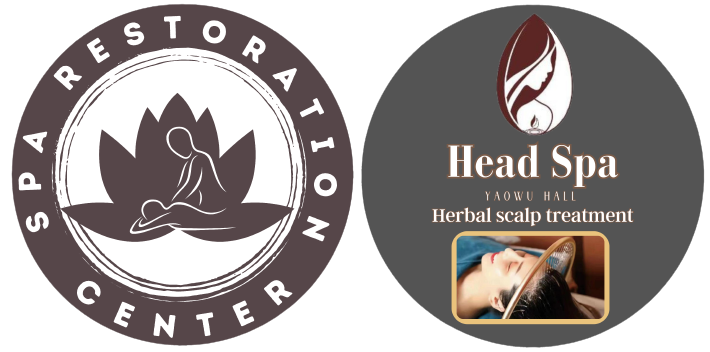
Leave a comment